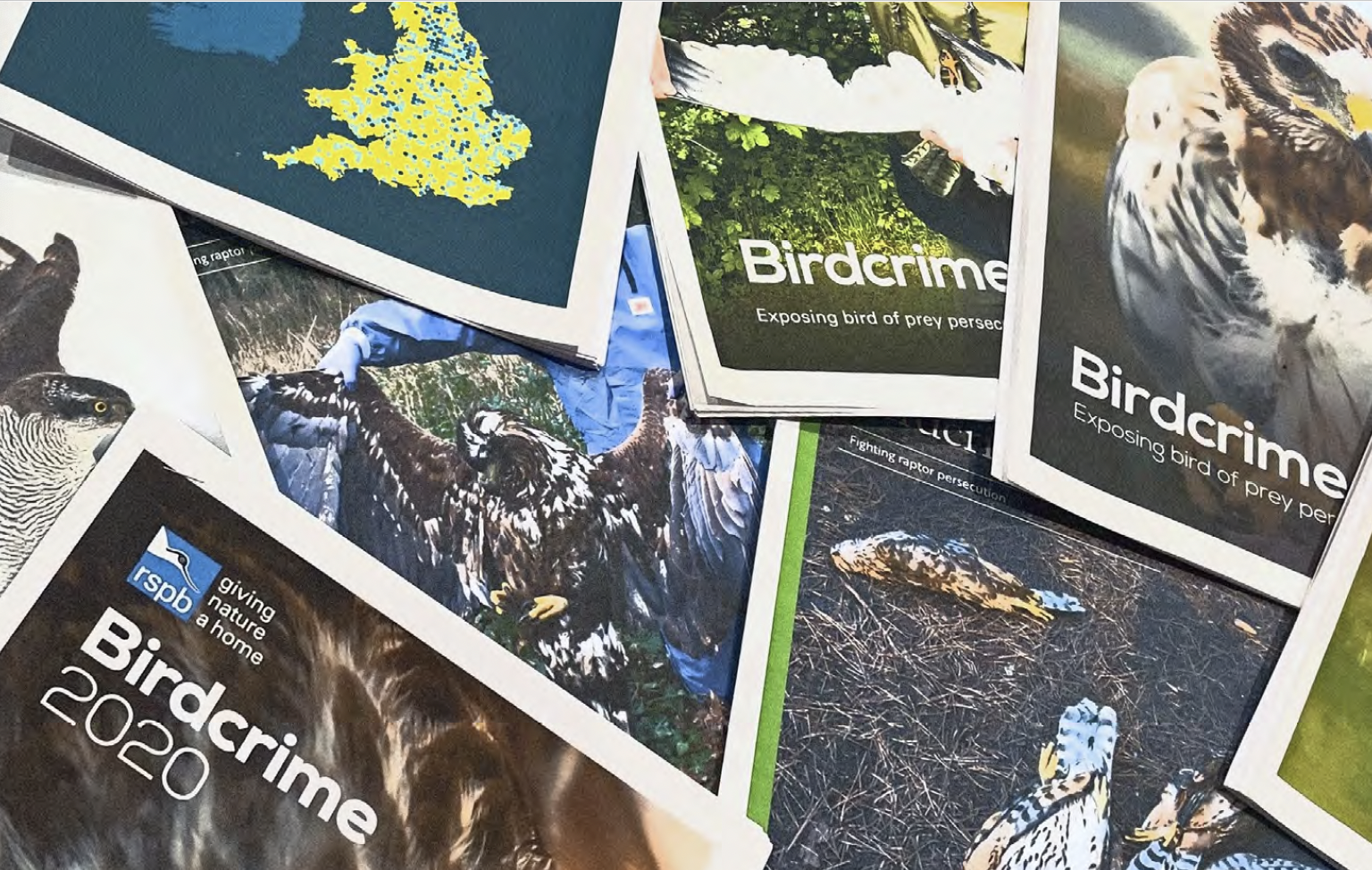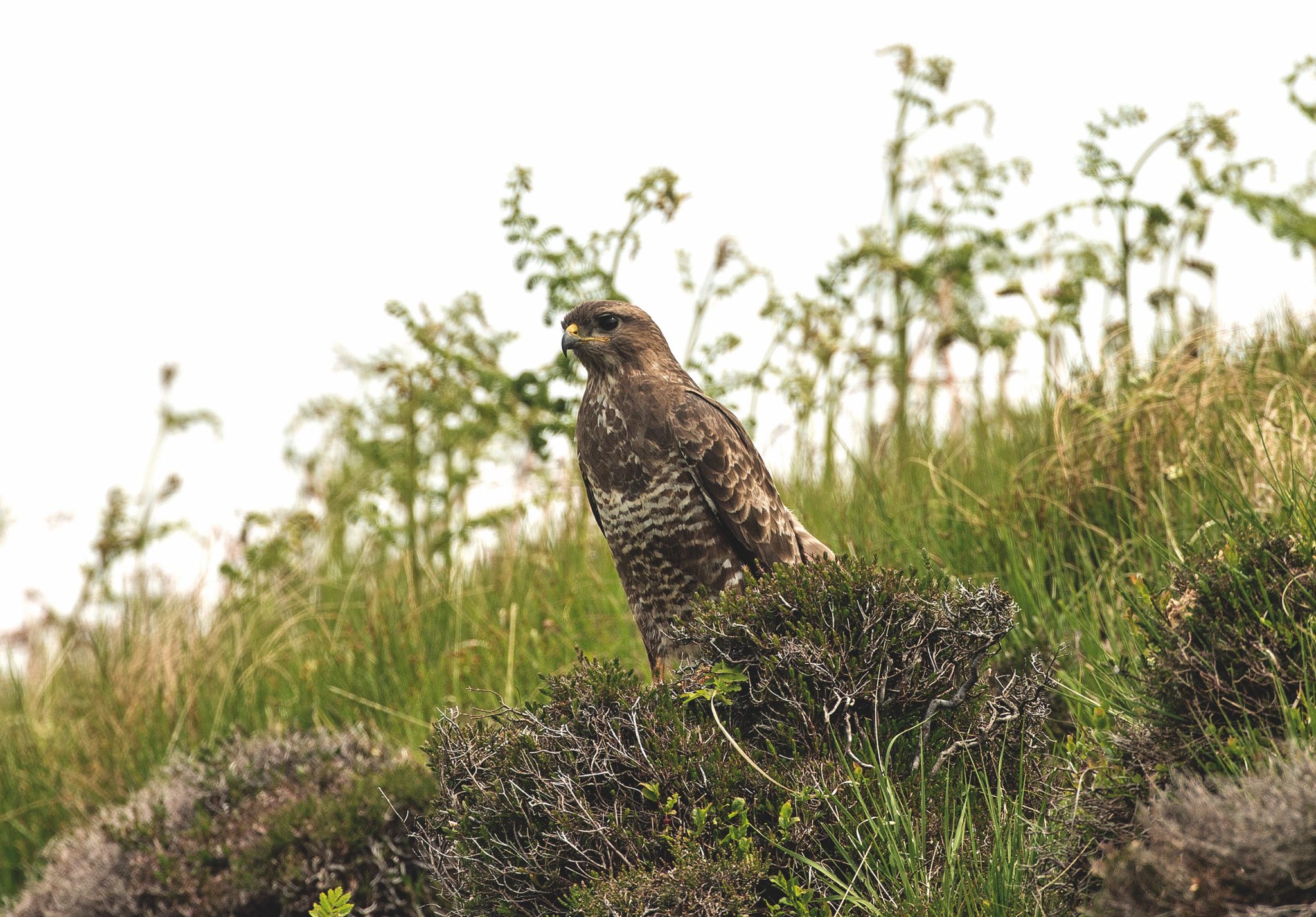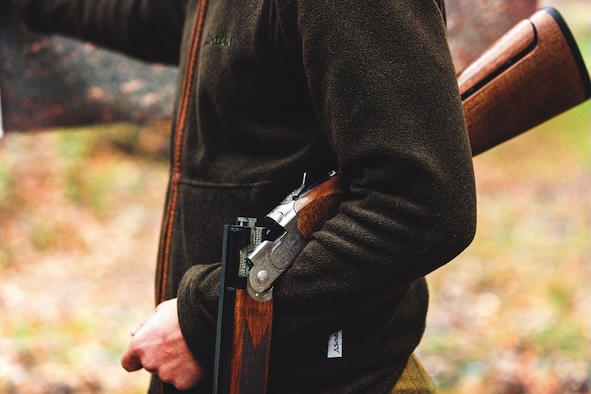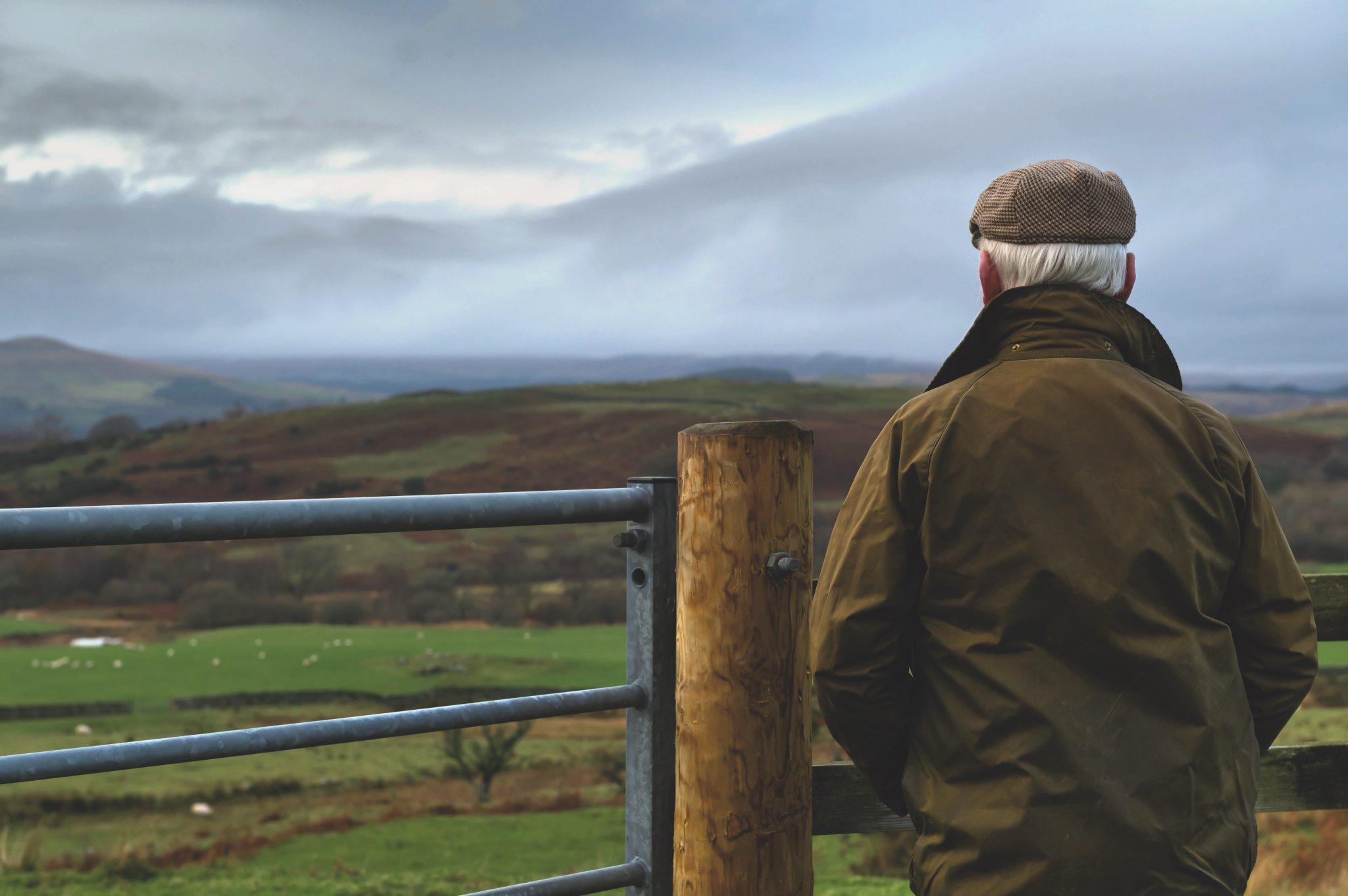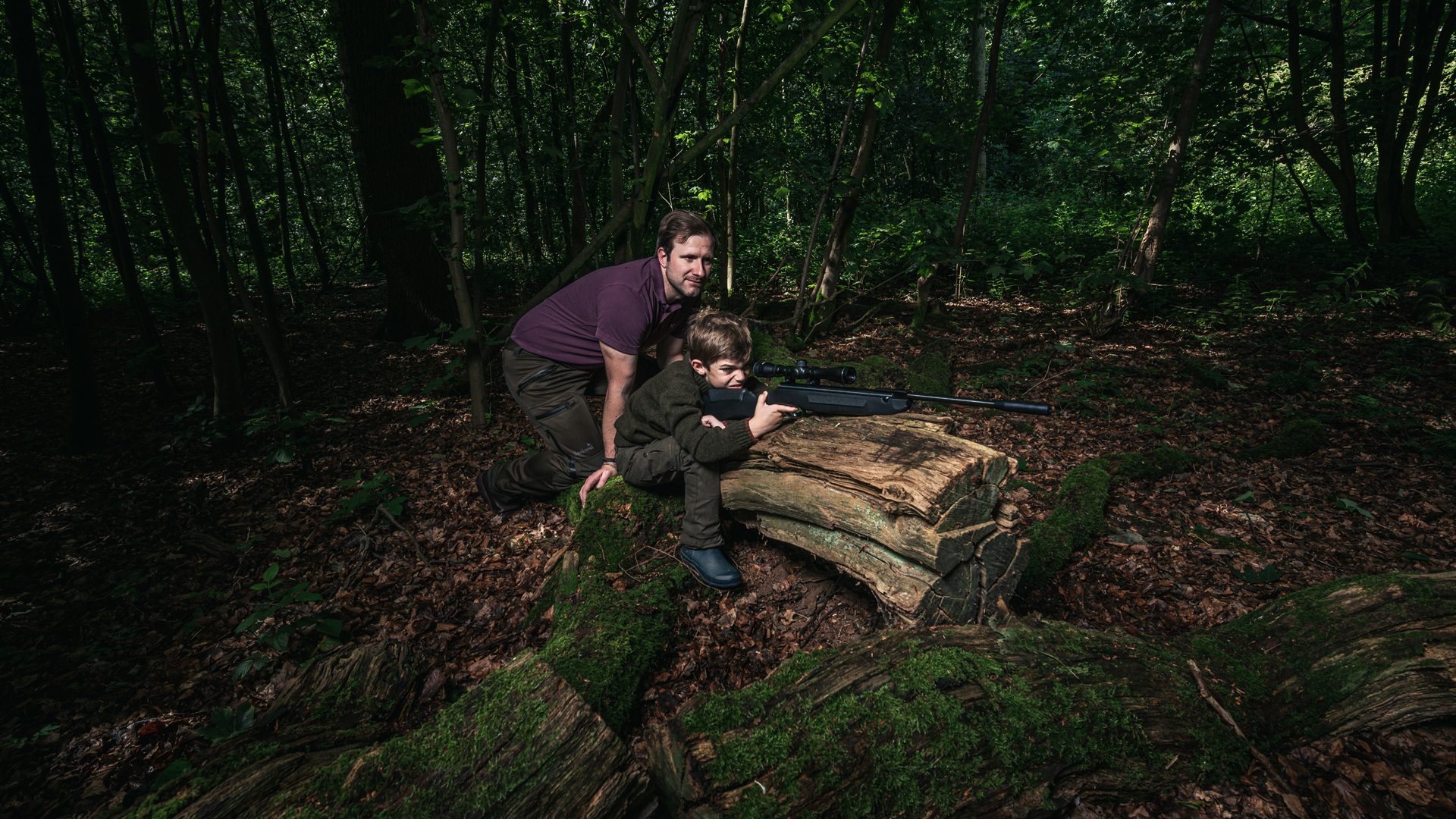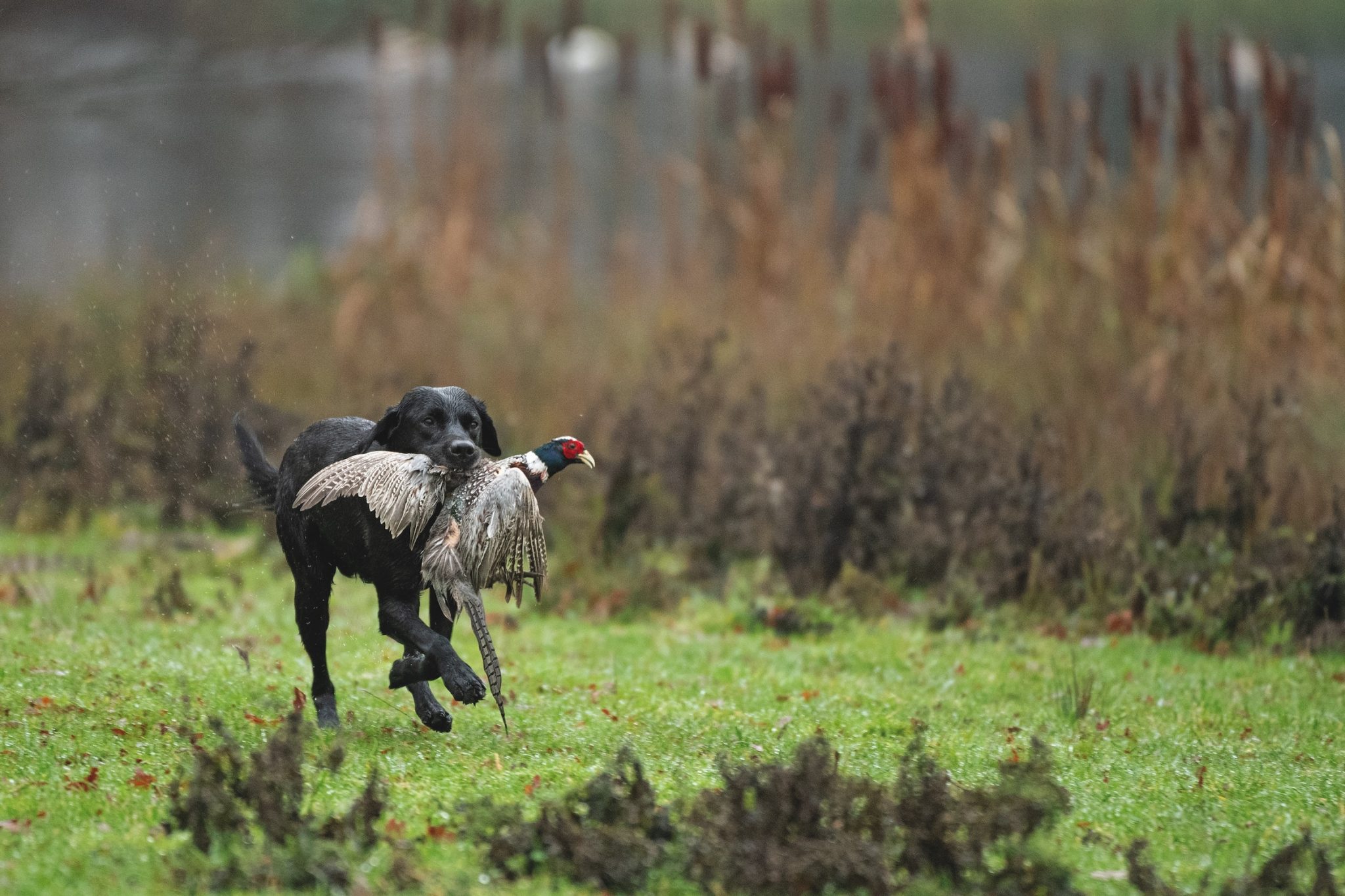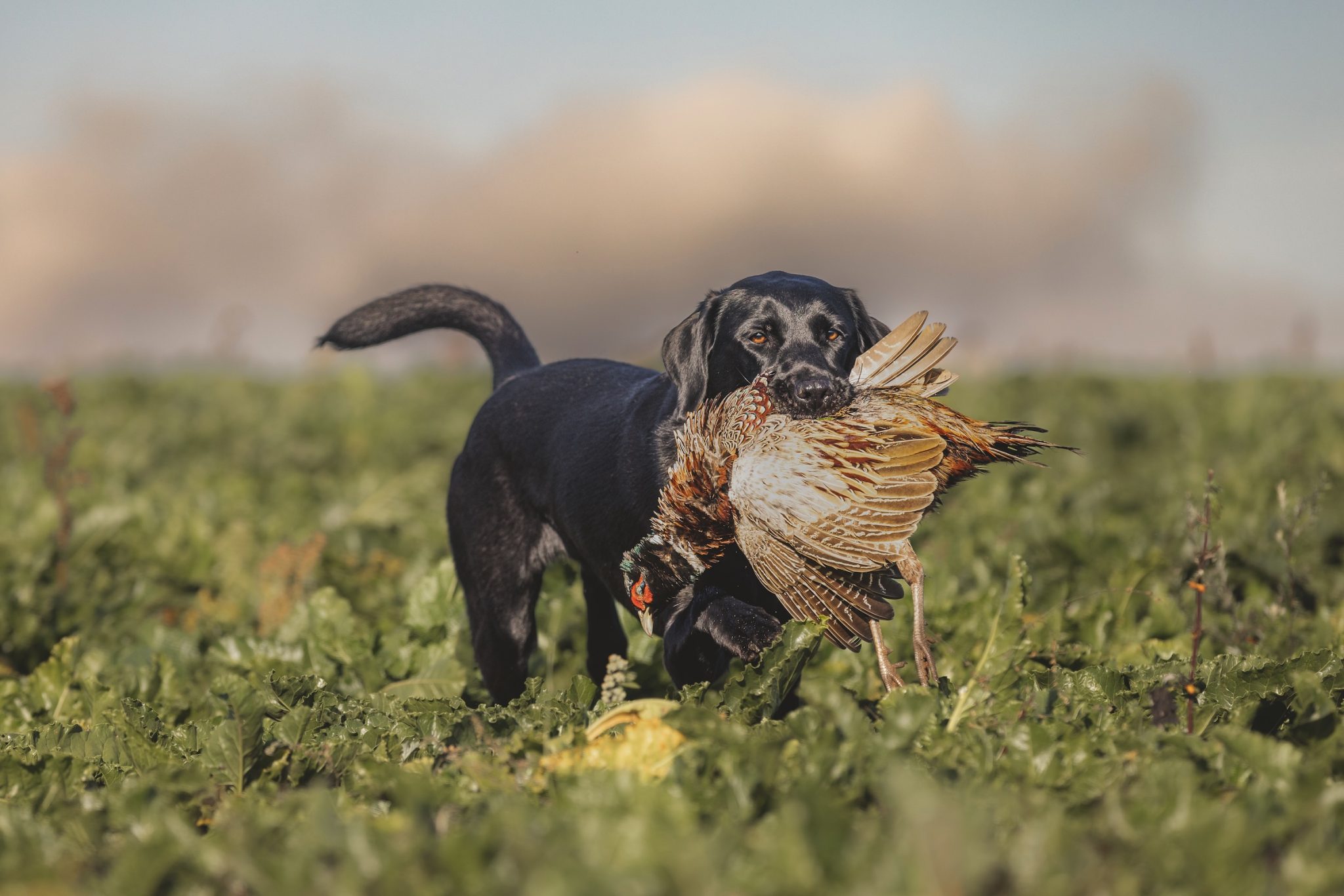The countdown is on for The British Shooting Show – book tickets online today and save on gate price!
Best of ShootingUK
Latest news
-
News
The latest updates from the shooting community
Browse all news articles
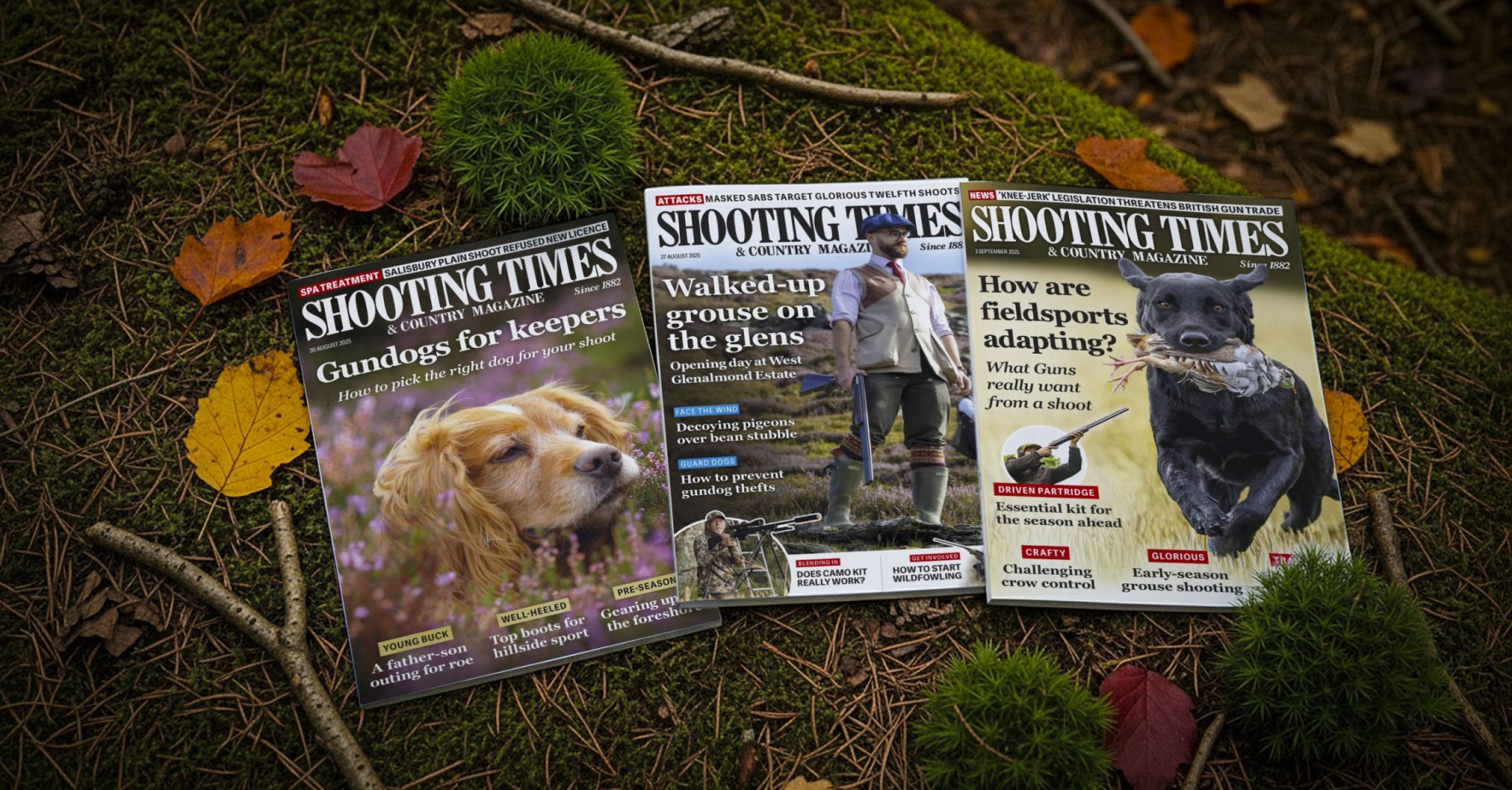
Shooting UK
The home of Shooting Times & Country Magazine
Established in 1882, Shooting Times & Country Magazine is Britain’s only weekly shooting publication, delivering breaking news, trusted reviews, competitions, expert analysis and countryside content to loyal readers for over 140 years. Its website – ShootingUK.co.uk – offers comprehensive coverage of countryside news, driven game shooting, rough shooting, pigeon shooting, wildfowling, deer stalking, and clay shooting. Discover gear reviews features on shooting, gamekeeping, gundogs, cookery, and conservation from the most sought-after storytellers and thought leaders.
Stories from the field
-
Events
Latest shooting and countryside events in the UK
Latest Stories
Get the latest news delivered direct to your door
Subscribe to Shooting Times & Country
Discover the ultimate companion for field sports enthusiasts with Shooting Times & Country Magazine, the UK’s leading weekly publication that has been at the forefront of shooting culture since 1882. Subscribers gain access to expert tips, comprehensive gear reviews, seasonal advice and a vibrant community of like-minded shooters.
Save on shop price when you subscribe with weekly issues featuring in-depth articles on gundog training, exclusive member offers and access to the digital back issue library. A Shooting Times & Country subscription is more than a magazine, don’t just read about the countryside; immerse yourself in its most authoritative and engaging publication.






